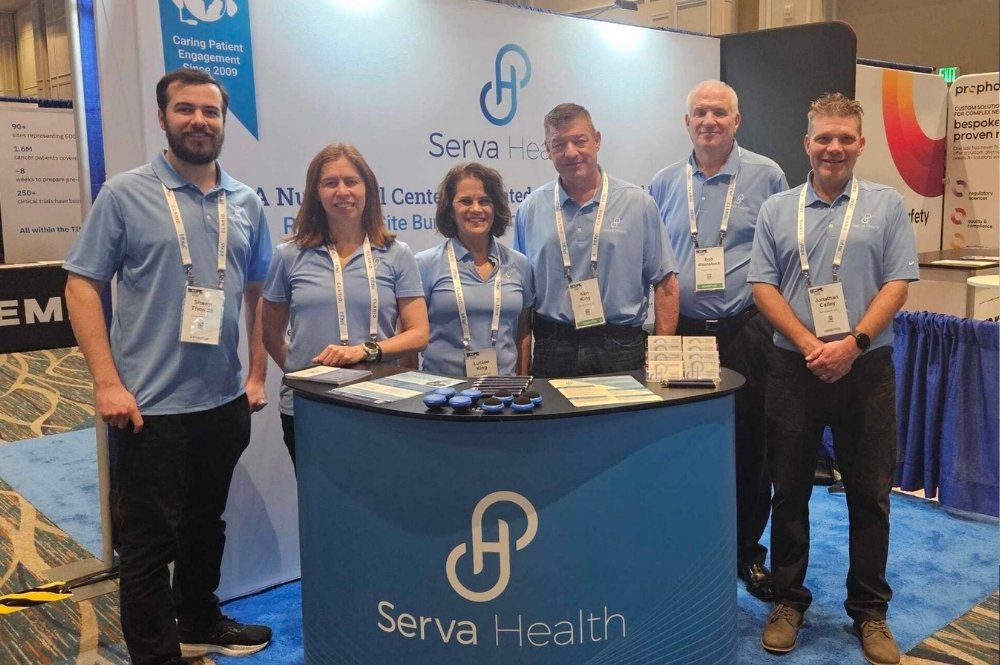Serva Health Insights
Welcome to the Serva Health Blog—your destination for insights on patient engagement, clinical trial support, and biopharma commercial services. Our insights are designed to provide valuable information and expert perspectives on how to enhance patient care, streamline clinical trial processes, and navigate the complexities of healthcare. Here, you’ll find articles that explore the latest trends in patient support strategies, innovative healthcare technologies, and best practices for optimizing patient outcomes. Stay informed with Serva Health as we continue to shape the future of healthcare services.

Clinical trials are built on continuity. Recruitment may fill your pipeline, but retention keeps your study viable. When participants drop out—whether due to competing responsibilities, lack of support, or unclear communication—data quality suffers, timelines stretch, and outcomes are compromised. For clinical research professionals and study sponsors, improving patient retention is
Clinical trials succeed when people stay involved. Behind every protocol and data point is a person managing their health status, daily responsibilities, and uncertainty about what participation means for them and their family members. When participants feel informed and supported, engagement strengthens. When they feel overwhelmed or disconnected, participation often
In today’s complex pharmaceutical landscape, patient support programs have become integral to successful product commercialization. These programs serve as a bridge between pharma companies, healthcare providers, and patients – helping therapies reach patients faster and with better results. A key component of many standout support programs is a nurse-staffed patient
Join us at SCOPE 2026, the Summit for Clinical Operations Executives, in Orlando this February, where clinical trial leaders from around the world gather to advance innovation and collaboration in clinical operations. About SCOPE Summit 2026 – Premier Event for Clinical Trials SCOPE Summit 2026 (February 2–5, 2026 at Rosen
Patient recruitment is often cited as one of the biggest bottlenecks in clinical trials. In fact, over 80% of trials globally fail to enroll on time, leading to costly timeline extensions or the addition of new trial sites. Such delays not only drive-up costs but also slow the delivery of
Clinical trials thrive on continuity. Keeping study participants actively engaged from informed consent form to final follow-up is critical to success. Yet patient retention remains one of the biggest challenges in research today. Whether due to competing life demands, limited access to care, or study fatigue, patient drop-off can disrupt





